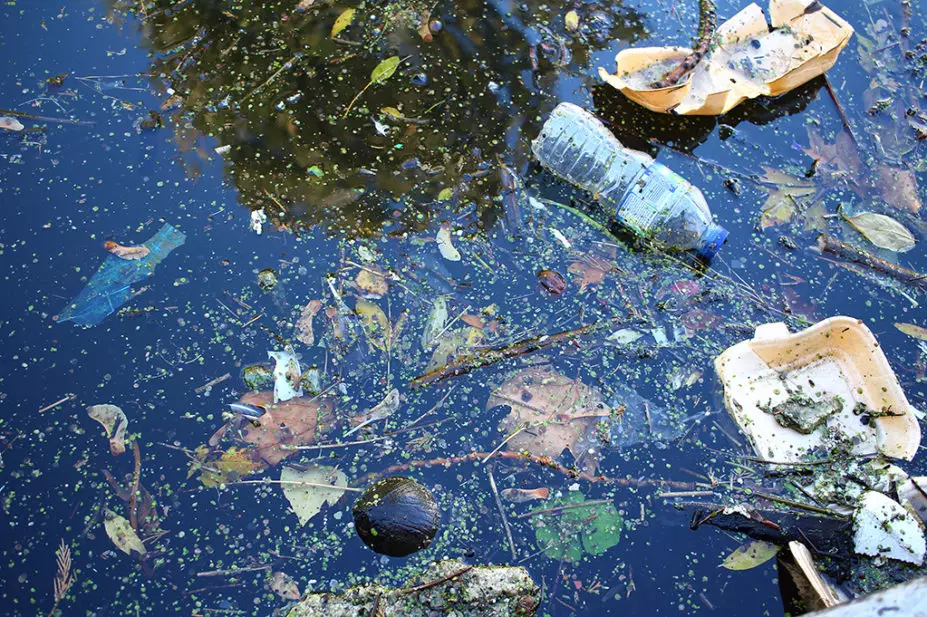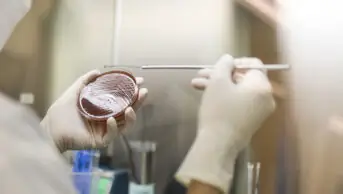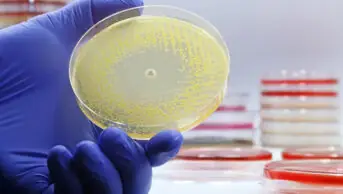
Shutterstock.com
Chris Whitty, chief medical officer for England, has called on water companies to eliminate the discharge of coliforms from sewage works “with urgency”, citing concerns around the presence of antibiotic resistant bacteria.
In a joint opinion piece, published on the UK government website on 27 June 2022, Whitty, Jonson Cox, chair of Ofwat — the economic regulator of the water sector in England and Wales — and Emma Howard Boyd, chair of the Environment Agency, said water companies “are not doing enough” to prevent raw sewage and waste containing bacteria from human faeces (known as coliforms) from escaping into UK rivers.
“When bacteria from human faeces (coliforms) are ingested, it increases the risk of significant infections, including antibiotic resistant bacteria,” the opinion piece says. “Keeping human faeces out of water people might ingest remains a public health priority.”
However, it adds that the discharge of coliforms “from the continuous normal discharge from sewage works” is a “major issue”.
“Eliminating discharges of coliforms from sewage works upstream of popular recreational areas will go a long way to reducing human faecal infective organisms downstream,” the piece continues.
“This has been achieved for seaside beaches at coastal works by use of ultraviolet treatment. Other forms of less energy intensive treatment are in trial or development: these options need to be pushed forward by companies with urgency.”
The authors add that this “will inevitably require investment to boost resilience and capacity in our sewerage system”.
“However, the principal public health responsibility for ensuring human faeces and viable human faecal bacteria do not get into waterways people might use recreationally rest squarely with the water companies and their directors.”
In Scotland, NHS hospitals are testing ways to eliminate pharmaceutical residues from hospital wastewater, to prevent “harm to biodiversity”, as well as to limit the growth of antimicrobial resistant bacteria.
Christine McGourty, chief executive of Water UK, a trade association for water companies, said: “Pathogens enter rivers from many environmental and man-made sources, including agriculture, animals, wastewater treatment works and storm overflows. Currently, most rivers do not have any government or regulatory targets for dealing with that.
“We want everyone to enjoy the nation’s rivers and waterways, which is why we’ve called for the deployment of a new approach to bathing rivers to increase the number of safe inland bathing areas for recreation.
“However, water companies can’t do this alone and we need the government, regulators, water and sewerage companies and other sectors to come together to create a comprehensive national plan that deals with all pollution in rivers.”
The authors’ comments follow a report from the Environmental Audit Committee in January 2022, which recommended “cross-sector collaboration to reduce the growth of antimicrobial resistance genes in rivers” after the committee heard that UK “surfers were three times more likely than non-surfers to have antibiotic-resistant bacteria in their gut”.
Meanwhile, a study, in which researchers from the University of York analysed water samples from 1,052 sites across 258 rivers around the world, found that concentrations of nine antimicrobials exceeded levels considered to be safe at at least one sampling site, suggesting microorganisms at these sites could select for antimicrobial resistance, with ciprofloxacin exceeding the safe limit at 64 sites.


